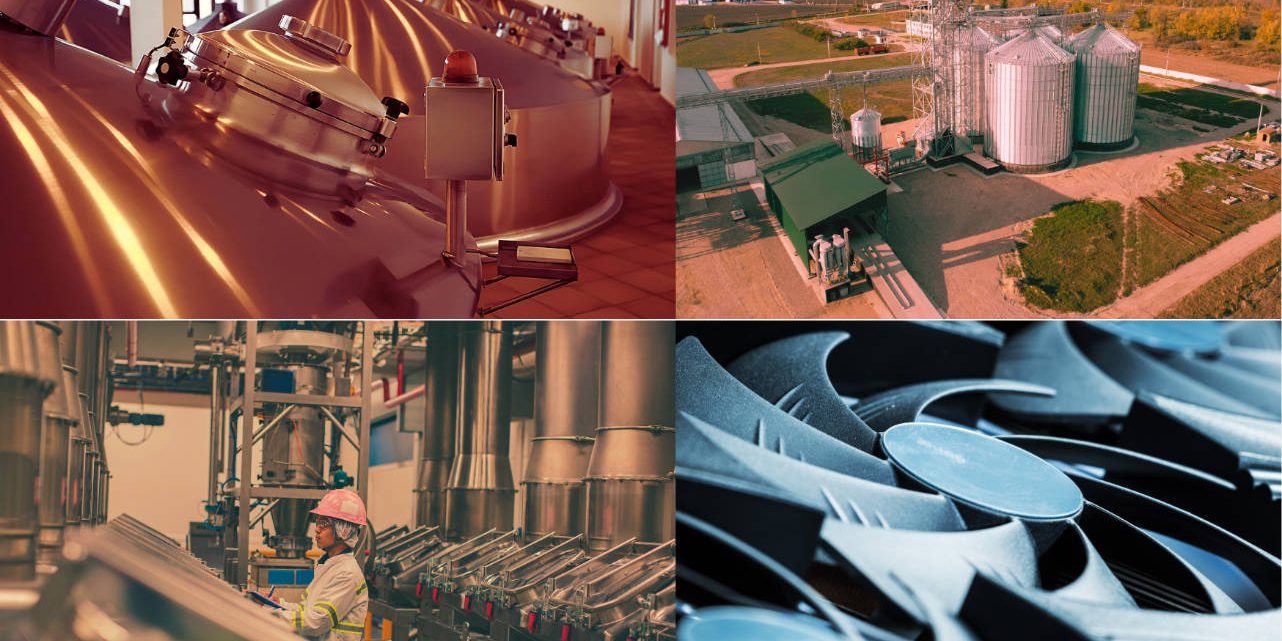Pragma IoT is participating in a new R&D project aiming to deliver cost-competitive, game-changing solutions in the field of sustainable industrial cooling and heating.
End of January, the Belgian EU Council presidency called on work to begin on a Green Industrial Deal to boost European industry while reaching climate goals[1]. At the same time, we assist to an unprecedented renewables growth – the world added 50% more renewable capacity in 2023 than in 2022, with the next five years set to see the fastest growth yet: solar being the leading star[2]. And while these news are making the headlines, 26 partners from 10 countries, coordinated by the Italian National Research Council (CNR), just launched a flagship EU-funded project (Horizon Europe programme) to tap existing renewable and waste heat to produce heating and cooling for industrial processes: RE-WITCH.
At COP28 in Dubai, EU negotiators secured the goal to limit the global temperature rise below 1.5°C – within reach. This includes, following an EU initiative, tripling renewable energy capacity and doubling energy efficiency by the end of this decade. Existing heating and cooling technologies and renewables are now more than ever market ready to lead the housing sector on the right decarbonisation pathway.
But what about the industry? As major emitter and key actor, the industry is willing to play its part and scale up technologies. The RE-WITCH consortium gathers academic experts, highly innovative companies and stakeholder representatives to develop a roadmap and work the next 4 years on demonstrating innovative sorption cooling technologies in industrial processes (adsorption and absorption chillers, cooling and solar thermal collectors, heat pump and thermal energy storage integration). The final goal is to show that valorising waste and renewable heat for heating and cooling (at multiple temperatures) is not only technically feasible but also economically viable, providing a range of benefits to the industries that will use them (maximising primary energy savings and CO2 emission reduction among others).
The manufactured innovative technologies (including also control and solar collectors) will be integrated in 4 different industrial sites in Spain, Poland, Germany and Greece, valorising low-grate waste heat and high-efficiency solar thermal technologies. Various industry players will be involved in these sites (and the ones selected for replication) to cover different reference industrial sectors: meat and dairy, pharmaceuticals, beverage, petrochemical (biodiesel and biogas) and for replication: pulp and paper, data centres, industrial solar thermal, agrifood industries and wood processing.
Lab-scale testing, simulations and modelling will ensure the technologies are optimized. Some of the aspects the project will investigate are district heating networks connected industries to study the potential integration of renewable energy and waste heat technologies, as well as how to integrate thermal heat storage in industrial sites.
Sustainability and (virtual) replication assessments will be performed, as well as exploitation activities to ensure the project develops a sustainable business model. The project will get an EU funding of over 9 million euros with the equivalent of over 30 full time people unlocking the potential of low-grade waste and renewable heat use in industries to get the coolest cold from the cleanest heat and bring breakthrough technologies to the market in energy-intensive industries, renewable energy and energy storage.
For more information on the project, please visit www.re-witch.eu
[1] https://www.politico.eu/article/eu-mulls-industrial-twin-for-green-deal-as-election-pressure-bites/?utm_source=RSS_Feed&utm_medium=RSS&utm_campaign=RSS_Syndication
[2] https://www.cleanenergywire.org/news/next-eu-commission-must-focus-greening-industry-clean-tech-competitiveness-think-tank
